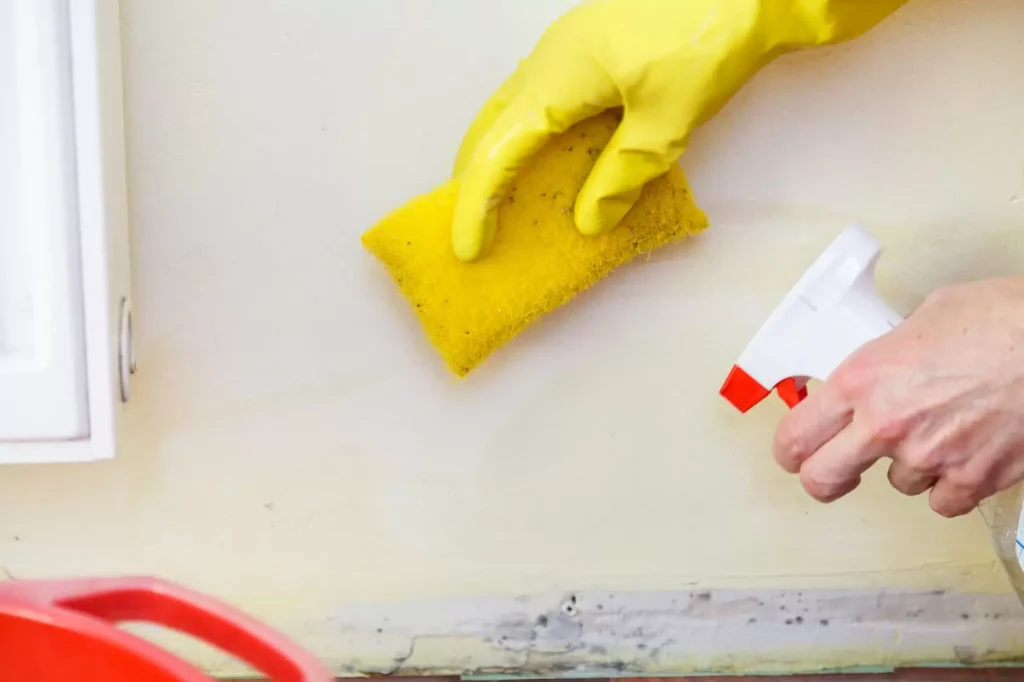Any house can have mold, a quiet hazard that usually goes undetectable until it causes major issues. Although some forms of mold are somewhat benign, others can seriously compromise structural integrity and generate major health problems. Every house should have a mold inspection for the following reasons, and the consequences of neglecting the issue should be discussed. If you suspect mold in your home, Call us for a professional inspection to prevent costly damage and health risks.
Health Problems Related to Mold Exposure
When mold emits microscopic spores into the air, breathing can become dangerous. For those with allergies, asthma, or compromised immune systems, mold can aggravate a variety of medical problems, including:
- Asthma attacks, persistent coughing, wheezing, and throat irritation can all be brought on by mold spores.
- Sneezing, skin rashes, itchy eyes, and nasal congestion are just a few of the allergic reactions possible.
- Long-term toxic mold exposure can aggravate major diseases, including chronic inflammatory reactions and lung infections.
- Particularly sensitive to mold-related health problems are young children, elderly persons, and those with pre-existing respiratory diseases.

Structural Harm to Your House
Mold commonly grows in secret places, including behind walls, under flooring, and inside ceilings; it thrives in moist, humid surroundings. Mold can progressively damage the components in your house, resulting in:
- Mold feeds on organic materials, breaking down wooden beams and producing structural instability.
- Broken Drywall: Mold development behind walls can compromise drywall, requiring expensive repairs.
- Weakened Foundation: Should mold reach the foundation, fissures and major structural problems may result.
- Ignoring mold can lead to costly upgrades avoidable with routine inspections.
Typical Locations Mold Hides
Inspections are absolutely vital as mold is not usually obvious. Among the most often occurring concealed mold growth sites are:
- Basements and crawl spaces often are moist and poorly ventilated.
- Kitchens and Bathrooms: Leaky pipes and high humidity create the ideal habitat for mold.
- Roof leaks and inadequate insulation in attics can cause mold development.
- HVAC Systems: Mold can proliferate within air ducts and travel throughout the house.
- Frequent inspections help find mold in these secret locations before it spreads.
One hidden concern that may compromise your home’s foundation as well as your health is mold. Call us today to schedule a professional mold inspection and protect your home and well-being. Although many people undervalue its hazards, frequent inspections help you find and remove mold before it starts to cause expensive problems. A mold inspection is a wise investment in peace of mind and safety, whether your house has suspected moisture problems or you are suffering inexplicable health complaints.

